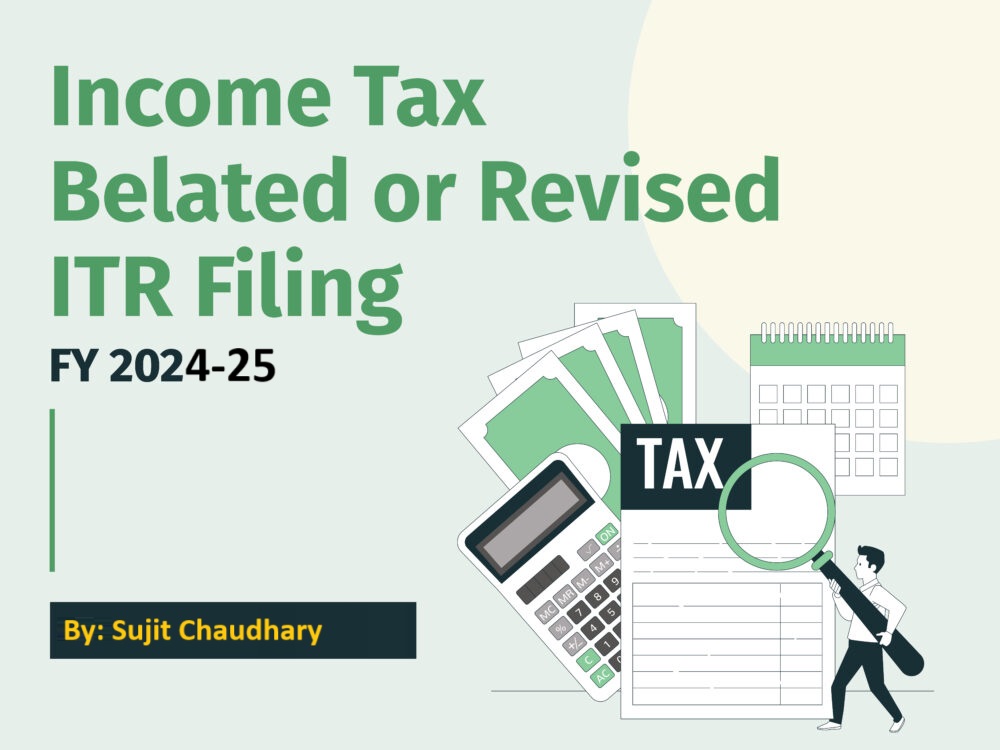Section 80 of the Income Tax Act, 1961, comprises multiple sub-sections that allow taxpayers to claim deductions and reduce their taxable income. These deductions encourage savings, investments, and expenditures in specific areas, ultimately reducing the tax burden. Below is a detailed explanation of the key sub-sections under Section 80.
- Section 80C: Investments and Savings
This is the most widely used section for claiming tax deductions.
Deduction Limit: Up to ₹1,50,000 per year.
Eligible Investments:
Public Provident Fund (PPF).
Employee Provident Fund (EPF).
Life Insurance Premiums.
Equity Linked Savings Scheme (ELSS).
National Savings Certificate (NSC).
Principal repayment on home loans.
- Section 80CCC: Pension Plans
Taxpayers can claim deductions for contributions made towards certain pension funds.
Deduction Limit: Up to ₹1,50,000 (combined with Section 80C).
Eligible Investments: Contributions to annuity plans of insurance companies, such as LIC’s Jeevan Akshay plan.
- Section 80CCD: National Pension System (NPS)
80CCD(1):
Contributions made by individuals to NPS.
Limit: Up to 10% of salary (for salaried individuals) or gross total income (for self-employed), subject to ₹1,50,000 (combined with 80C and 80CCC).
80CCD(1B):
Additional deduction up to ₹50,000 for contributions to NPS, over and above the limit of ₹1,50,000 under 80C.
80CCD(2):
Employer’s contribution to an employee’s NPS account, deductible up to 10% of salary (basic + DA).
- Section 80D: Health Insurance Premiums
Encourages taxpayers to invest in health insurance for themselves and their families.
Deduction Limit:
₹25,000 for individuals and their families.
₹50,000 for senior citizens.
Additional Deduction: ₹5,000 for preventive health check-ups (within the overall limit).
- Section 80E: Education Loan Interest
Deduction for interest paid on loans taken for higher education.
Eligibility: Individual taxpayers who have availed of loans for themselves or family members.
Deduction Period: Available for 8 consecutive years starting from the year of loan repayment.
- Section 80G: Donations to Charitable Institutions
Tax deductions for donations made to specified funds or charitable institutions.
Deduction Limit:
100% of the donation amount for certain funds like PM Relief Fund.
50% of the donation for other eligible organizations.
Maximum Deduction: Limited to 10% of gross total income in some cases.
- Section 80GG: House Rent
Available for individuals not receiving House Rent Allowance (HRA).
Deduction Limit:
₹5,000 per month or 25% of total income or actual rent paid minus 10% of total income, whichever is lower.
Eligibility: Must not own residential property at the place of work or residence.
- Section 80TTA and 80TTB: Interest Income
80TTA:
Deduction up to ₹10,000 for interest earned on savings accounts with banks, post offices, or cooperative societies.
80TTB:
Deduction up to ₹50,000 for senior citizens on interest earned from savings accounts, fixed deposits, or recurring deposits.
- Section 80U: Disability Deductions
For individuals with disabilities.
Deduction Limit:
₹75,000 for persons with disabilities (40-80%).
₹1,25,000 for persons with severe disabilities (80% or more).
- Other Important Sub-Sections
80GGB: Deductions for donations made by companies to political parties.
80GGC: Deductions for donations made by individuals to political parties.
80RRB: Deductions up to ₹3,00,000 for income earned from patents or royalties.
Example of Tax Savings Using Section 80
Income: ₹12,00,000
Deductions Under Section 80:
₹1,50,000 (80C: PPF, ELSS, etc.).
₹25,000 (80D: Health Insurance).
₹10,000 (80TTA: Savings Account Interest).
Taxable Income After Deductions: ₹10,15,000
Tax Liability Before Deductions: ₹1,22,500
Tax Liability After Deductions: ₹87,000
Conclusion
Section 80 of the Income Tax Act is a vital tool for taxpayers to reduce their taxable income by utilizing deductions for investments, health, education, and other eligible expenditures. By understanding and leveraging these provisions, taxpayers can maximize their savings and contribute to a more structured financial future. Consulting a tax expert is advisable for personalized planning and compliance.


